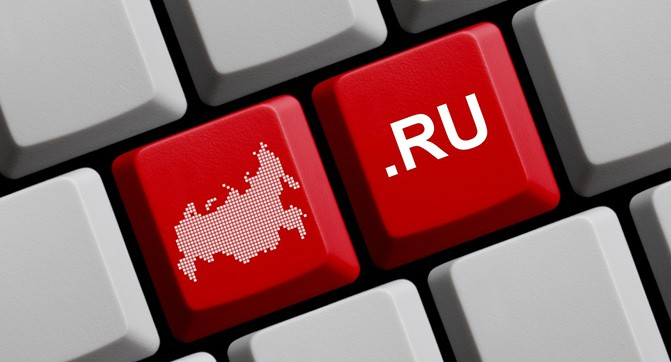Will Russia Isolate Its Internet Like China?
Russian authorities are considering isolating the country’s internet. Will it soon be like China’s? Stanislav Shakirov, CTO of Roskomsvoboda, answers the most pressing questions about this new initiative.
What Is the Essence of the Internet Isolation Bill?
In short, this bill would allow authorities to disconnect Russia from the “external internet” and filter both incoming and outgoing traffic if necessary. The “external internet” refers to websites and services physically located outside Russia, on foreign servers. If the government gets a “kill switch,” only resources hosted within the country would remain accessible. It’s not just about sites ending in .ru—domain names don’t always reflect where a site is hosted. For example, site.ru could be part of the “external internet,” while site.com could be “internal.”
Why Are Authorities Doing This?
This initiative is part of a broader government strategy developed over several years to protect itself from mass protests coordinated online. After the “Arab Spring” and protests in Moscow’s Bolotnaya Square, authorities began introducing repressive internet laws and consolidating key elements of Russia’s internet infrastructure (main data routes, traffic exchange points, major Russian online services) under state-affiliated companies.
What Are the “Technical Means” Operators Will Have to Install?
Details are scarce, but these are likely programs or “smart” devices that allow operators to automatically detect and block “illegal” traffic. The government will provide this equipment. Currently, operators are required to block banned sites but must come up with their own technical solutions, which are often ineffective.
Will Russia Become Like China or North Korea?
Russia’s ideas are closer to the Chinese model. China has a comprehensive national system for filtering and blocking resources and services the government disapproves of. “Illegal” information, such as posts about Taiwan’s independence, is automatically removed. However, it’s unlikely Russia could fully replicate China’s model due to differences in political culture, technology, and economic capacity.
For example, China has successfully replaced all popular Western services (search engines, payment systems, social networks, etc.) with national, fully controlled alternatives and built a strong investment infrastructure for its startups. In Russia, this is impossible due to a smaller market and an unfriendly business environment—most Russian startups move to the West. Russian users are also different: Chinese people have never known an uncensored internet, while Russia’s internet was largely free until 2012.
As for North Korea, it doesn’t have an internet but a closed intranet, unconnected to the global network. There’s no digital economy or services Russians are used to (online banking, payment systems, media). No one considers this a successful model, and it’s unlikely Russia would go that far, though the current bill theoretically allows for something similar.
Is This Project Realistic?
Given how other government tech initiatives have played out in Russia (SORM, the Yarovaya law, website and service bans), it’s not certain this new initiative will be fully implemented. Laws are often written by people who don’t understand how the internet works, making their requirements technically impossible to fulfill. For example, authorities failed to block the Telegram messenger, and the Yarovaya law once required operators to buy so many hard drives for data storage that all the world’s factories couldn’t supply enough.
However, the new bill might be revised and supplemented with more “reasonable” regulations. If so, authorities could gain the ability to disconnect the “external internet” and clean up the “internal” one during periods of unrest.
Authorities Say the Law Will Protect Russia from Being Cut Off from the Internet or from Cyberattacks. Is That Reasonable?
There are no known cases where a country has been cut off from the internet as a form of pressure. The internet doesn’t have a single “control center” that could do this. Even if some countries wanted to, it would take years of discussions in international organizations and legal changes to pressure telecom operators. So, this scenario is highly unlikely.
As for cyberattacks, isolating from the global internet would indeed prevent them, and many countries do conduct such attacks. But this would also severely damage the economy. A better state-level defense is to create secure, specialized communication networks for critical infrastructure like energy and transportation systems. Russia already has such networks, and they work well.
“Kill switches” like the one described in the bill are used in Africa, Asia, and the Middle East to shut down the internet during protests and political instability. This has happened in Russia too, but only regionally—for example, mobile internet disappeared during protests in Ingushetia.
If the Project Is Implemented, Can the Restrictions Be Bypassed?
It’s hard to say based on the current bill what principles and mechanisms will be used. If all cross-border traffic is cut off, nothing will help—unless some tech-savvy people set up alternative traffic routes, like satellite internet, but such systems are unlikely to become widespread.
If authorities don’t “cut the wires” but only restrict certain types of traffic, VPNs and similar tools can help bypass the restrictions. Such tricks even work in China.



